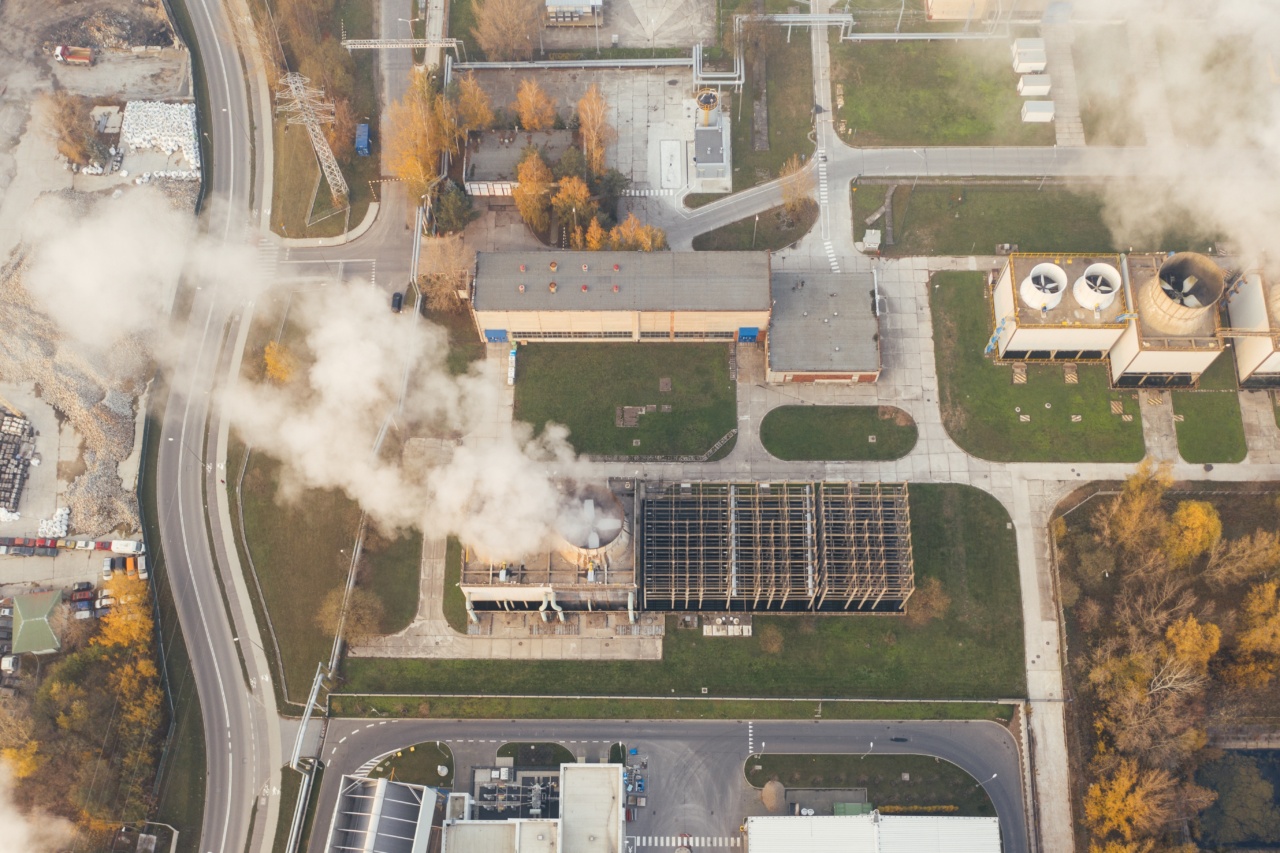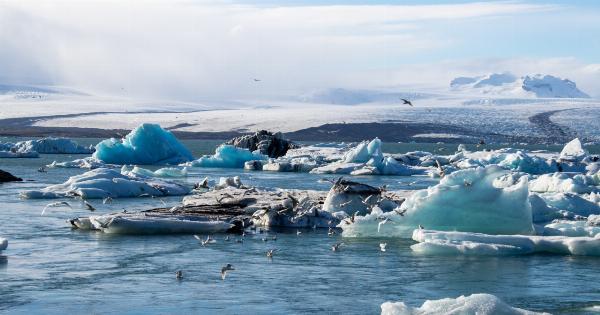Emphysema is a chronic lung disease that affects millions of people worldwide. Traditionally, smoking has been identified as the leading cause of emphysema.
However, recent studies have highlighted the alarming correlation between global warming, poor air quality, and an increased prevalence of emphysema in non-smokers. This article explores the effects of global warming and poor air quality on emphysema and the potential implications for public health.
Understanding Emphysema
Emphysema is a progressive lung disease characterized by the damage and destruction of lung tissue. This damage primarily affects the air sacs in the lungs, leading to impaired breathing and reduced oxygen intake.
The primary cause of emphysema has long been associated with cigarette smoke, but researchers are uncovering new factors contributing to the development of this debilitating disease.
The Role of Global Warming
Global warming, driven largely by human activities such as the burning of fossil fuels, has dire consequences for the environment and human health.
Rising temperatures and changing weather patterns have a significant impact on air quality, with implications for respiratory health. Hotter temperatures, prolonged heatwaves, and increased humidity create a perfect breeding ground for air pollutants and allergens, aggravating respiratory conditions like emphysema.
Increased Air Pollution
Global warming exacerbates air pollution. Higher temperatures accelerate the chemical reactions that form harmful ozone, a major component of smog.
Ozone, in combination with particulate matter, creates a toxic mixture that poses a significant threat to respiratory health. Prolonged exposure to these pollutants can lead to chronic inflammation, oxidative stress, and tissue damage in the lungs, contributing to the development and progression of emphysema.
Wildfires and Their Impact
The increase in global temperatures has also contributed to the rise in devastating wildfires. These intense wildfires release massive amounts of smoke and particulate matter into the atmosphere, significantly degrading air quality.
The microscopic particles released during wildfires can penetrate deep into the lungs, causing inflammation, respiratory distress, and potentially triggering or worsening emphysema symptoms.
Changing Climate Patterns
Global warming alters climate patterns, leading to more frequent and severe weather events. This includes extreme heat episodes, heatwaves, and changes in precipitation patterns.
As a result, individuals with emphysema are more likely to experience respiratory distress during these extreme weather events. High temperatures and humidity place an additional burden on already compromised respiratory systems, making it even more challenging to breathe.
Vulnerable Populations at Higher Risk
While everyone is affected by the deteriorating air quality and the consequences of global warming, certain populations are at a higher risk.
Non-smokers, particularly those already diagnosed with respiratory conditions like emphysema, are particularly vulnerable. Additionally, the elderly, young children, and those with pre-existing medical conditions face a higher risk of respiratory complications due to poor air quality and climate change.
Urbanization and Indoor Air Pollution
Rapid urbanization has resulted in increased air pollution, particularly in densely populated cities. Vehicle emissions, industrial pollutants, and indoor air contaminants contribute to the overall decline in air quality.
Urban areas often experience a phenomenon known as the heat island effect, where concrete and asphalt absorb and radiate heat, further exacerbating respiratory distress. Poor indoor air quality due to inadequate ventilation and exposure to pollutants like tobacco smoke also play a significant role in the development and progression of emphysema.
Ensuring Clean Air Standards
Recognizing the detrimental impact of global warming and poor air quality on respiratory health, it is imperative to implement strict regulations to reduce air pollution.
Governments must prioritize clean energy sources, promote sustainable transportation options, and invest in technologies that minimize harmful emissions. Additionally, public awareness campaigns and education on the importance of clean air and its effects on respiratory health are crucial in mitigating the impact of global warming on emphysema.
Protective Measures for Individuals
While broader systemic changes are necessary to combat the effects of global warming, individuals can also take steps to protect themselves and reduce their risk of developing or worsening emphysema. These measures include:.
- Avoiding exposure to indoor and outdoor pollutants
- Using air purifiers and filters
- Wearing masks in polluted areas
- Monitoring air quality indexes
- Seeking medical advice and regular check-ups
The Urgency of Addressing the Issue
Emphysema, once primarily linked to smoking, is now a concern for non-smokers due to the impact of global warming and poor air quality.
Without immediate and concerted efforts to reduce greenhouse gas emissions, minimize air pollution, and adapt to a changing climate, the prevalence of emphysema is likely to increase exponentially. Public health campaigns, research funding, and collaboration between policymakers, scientists, and healthcare professionals are critical in combating this emerging public health crisis.





























